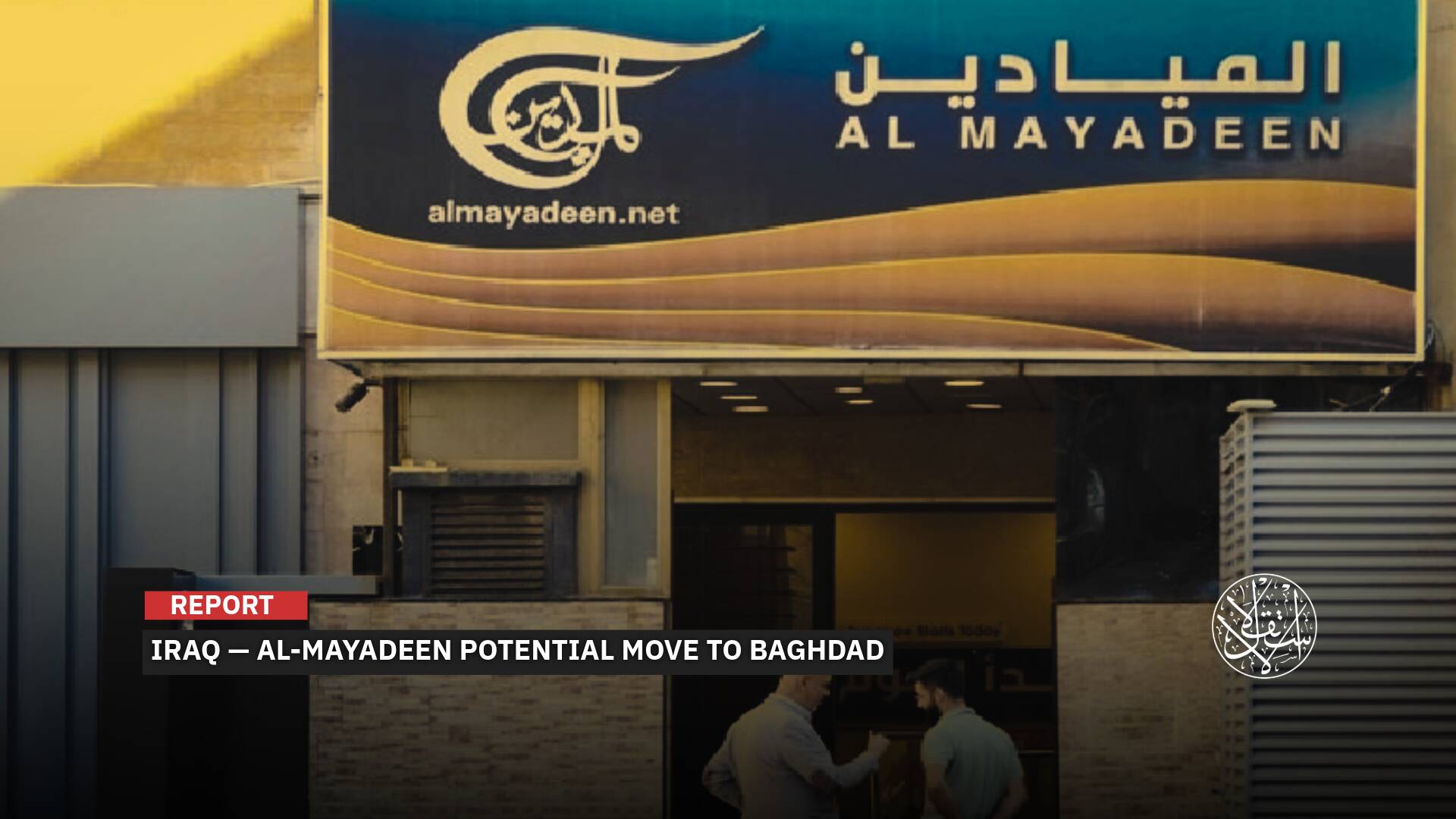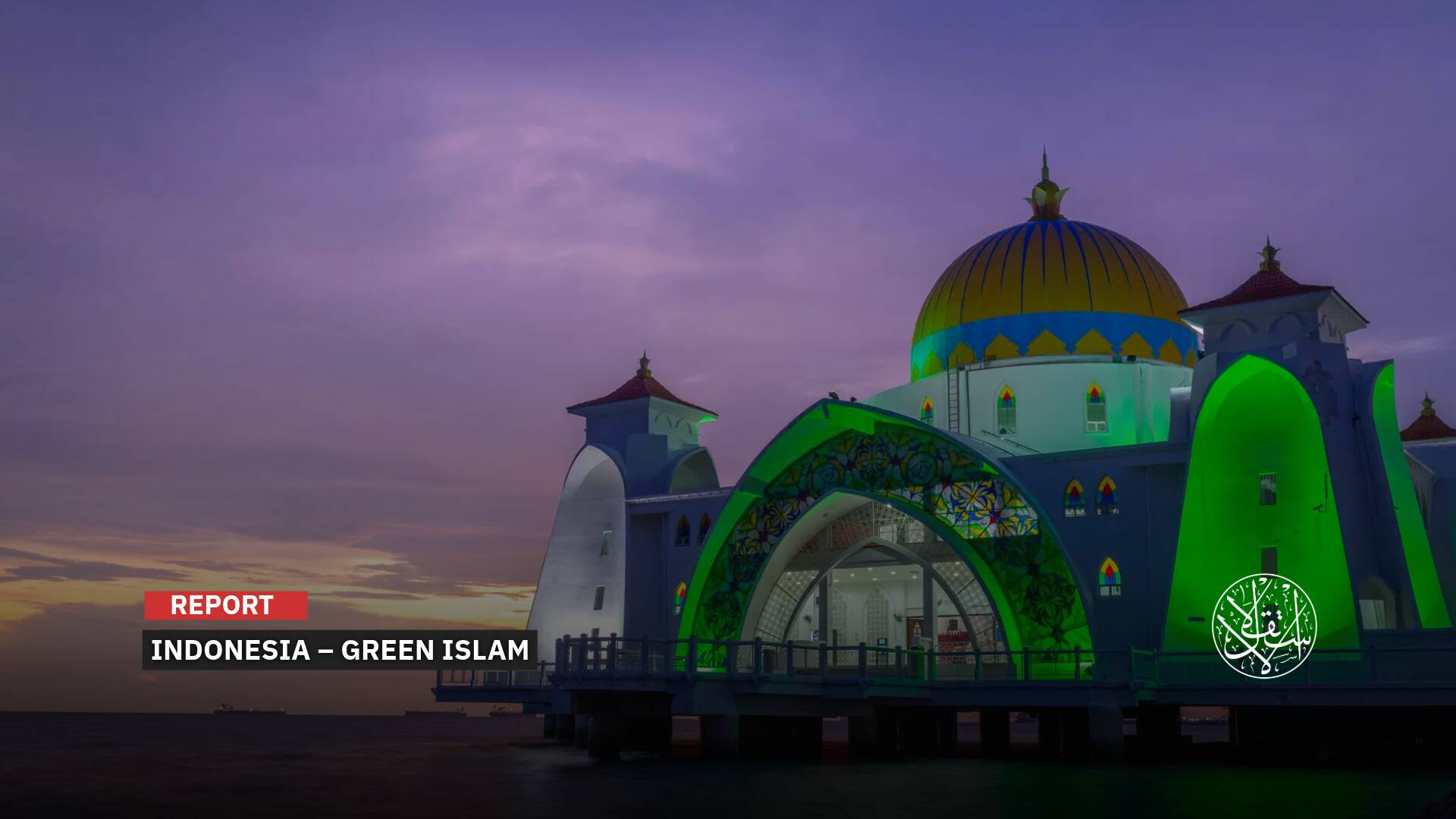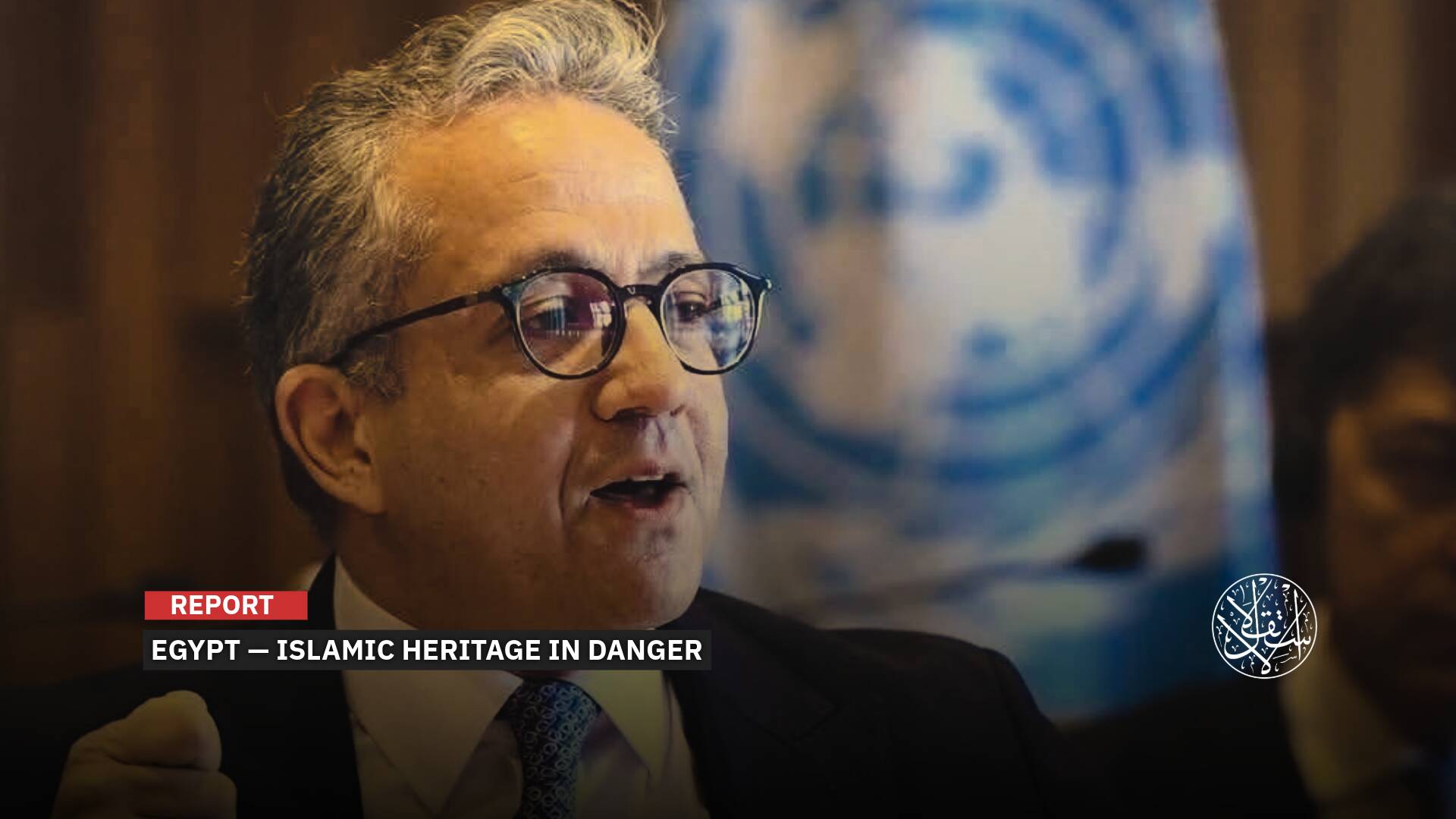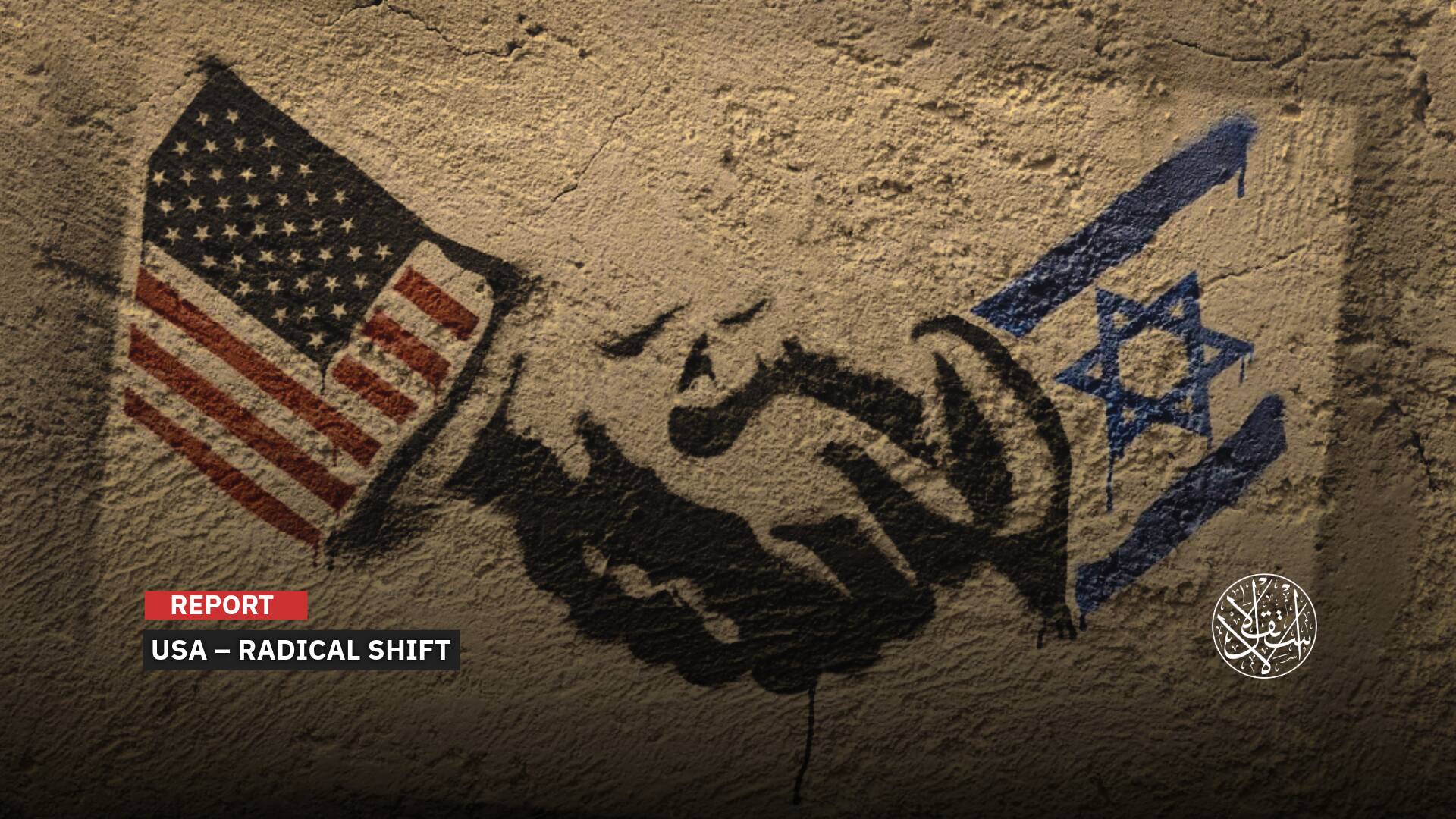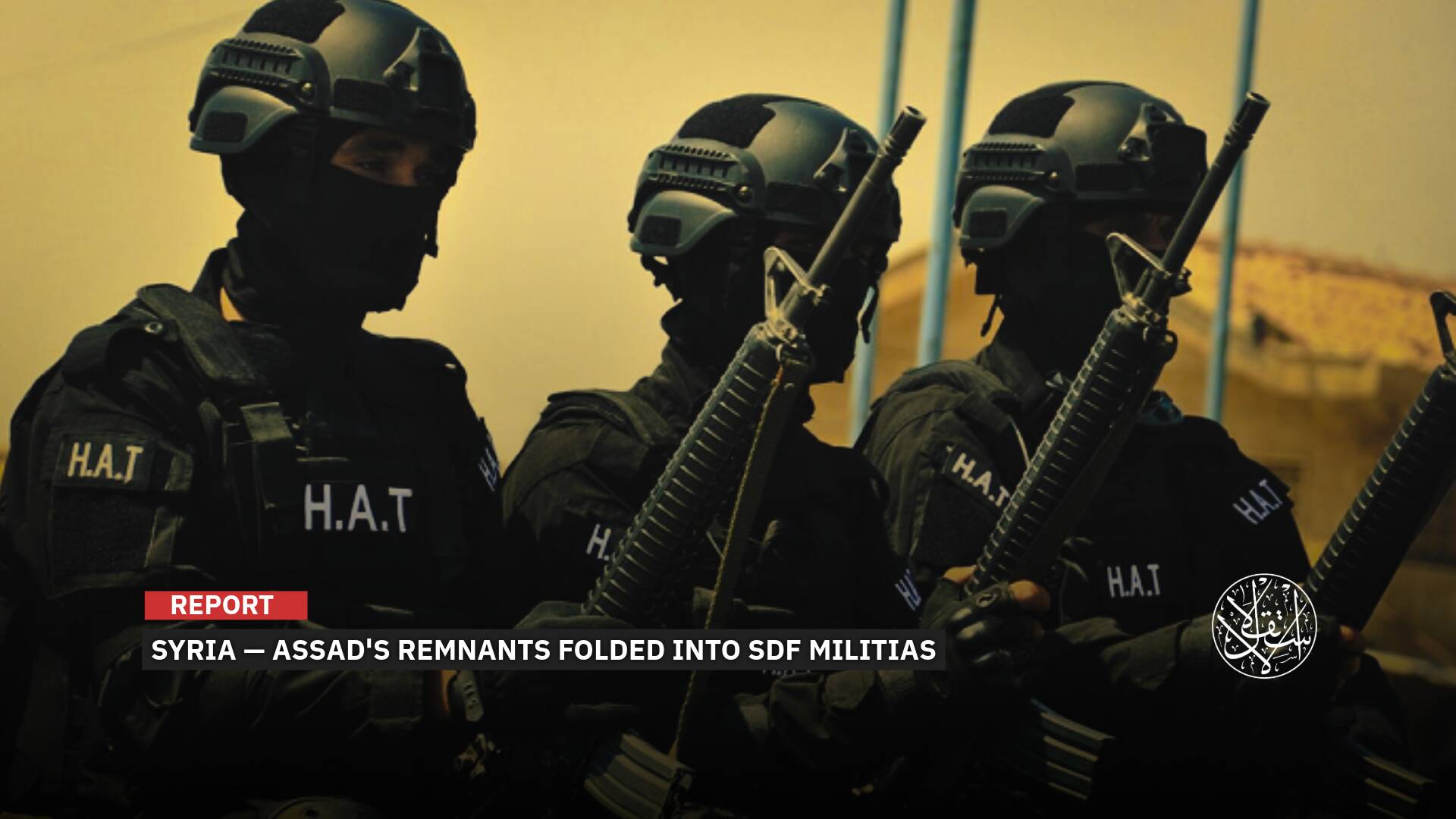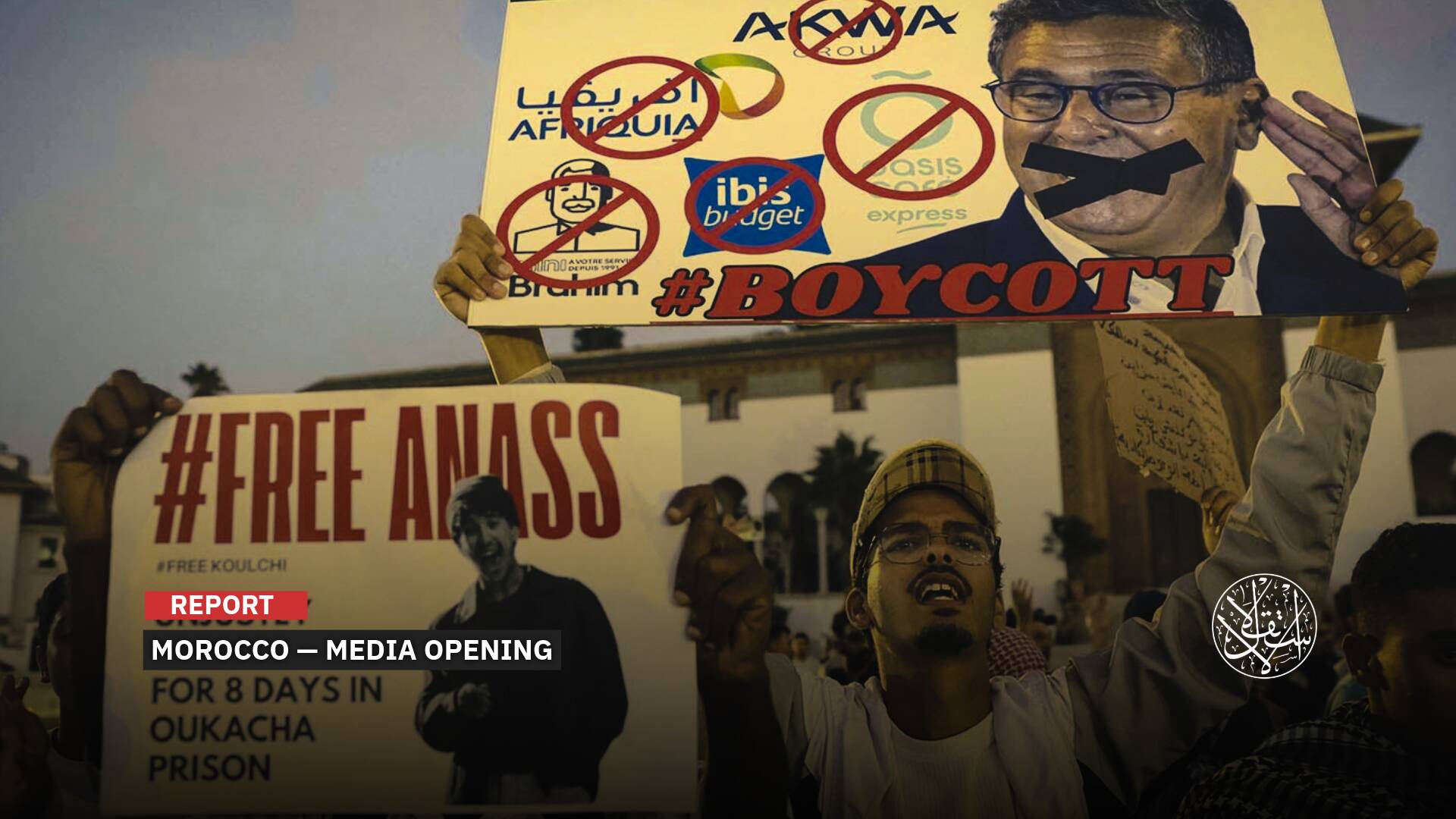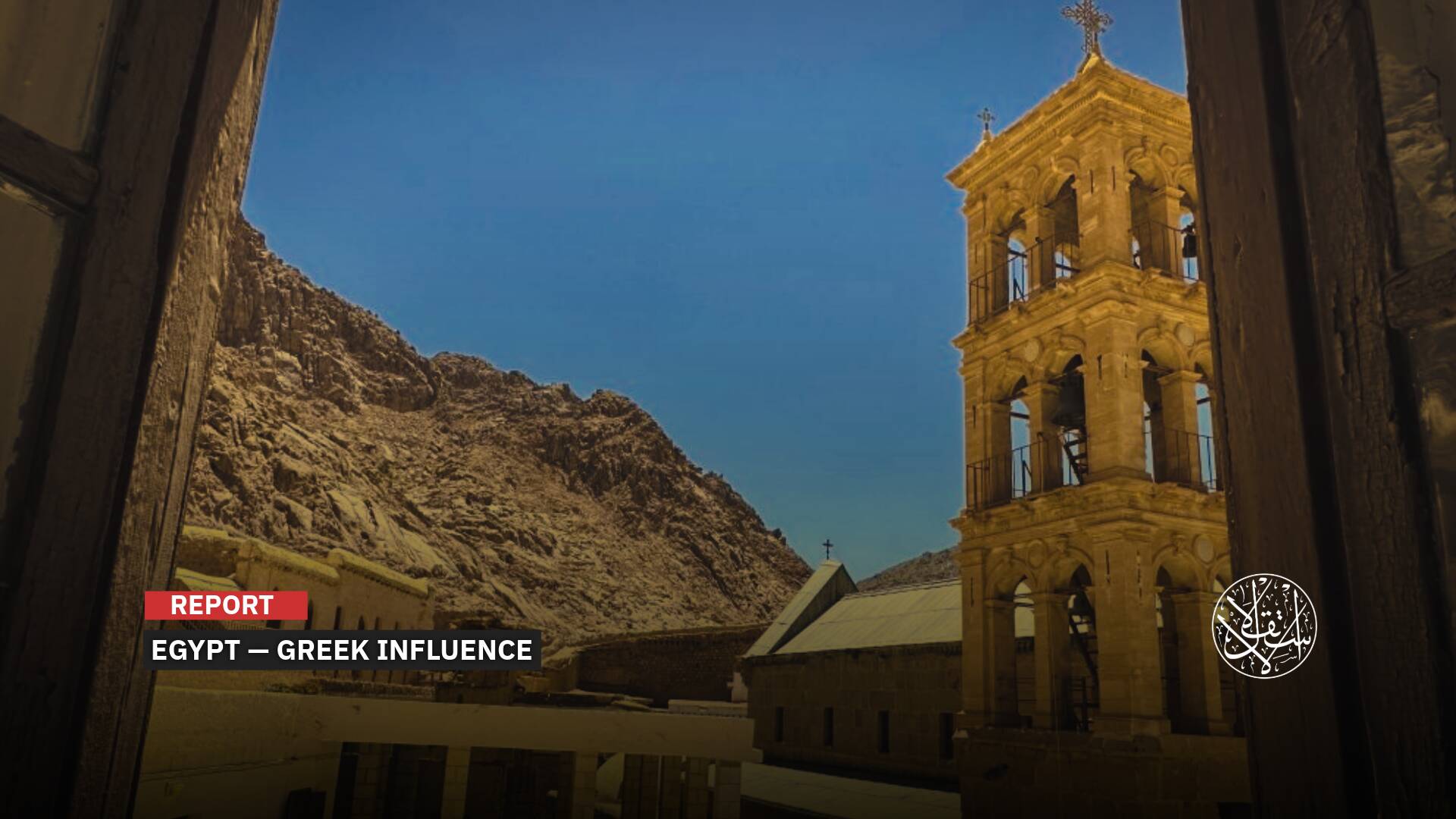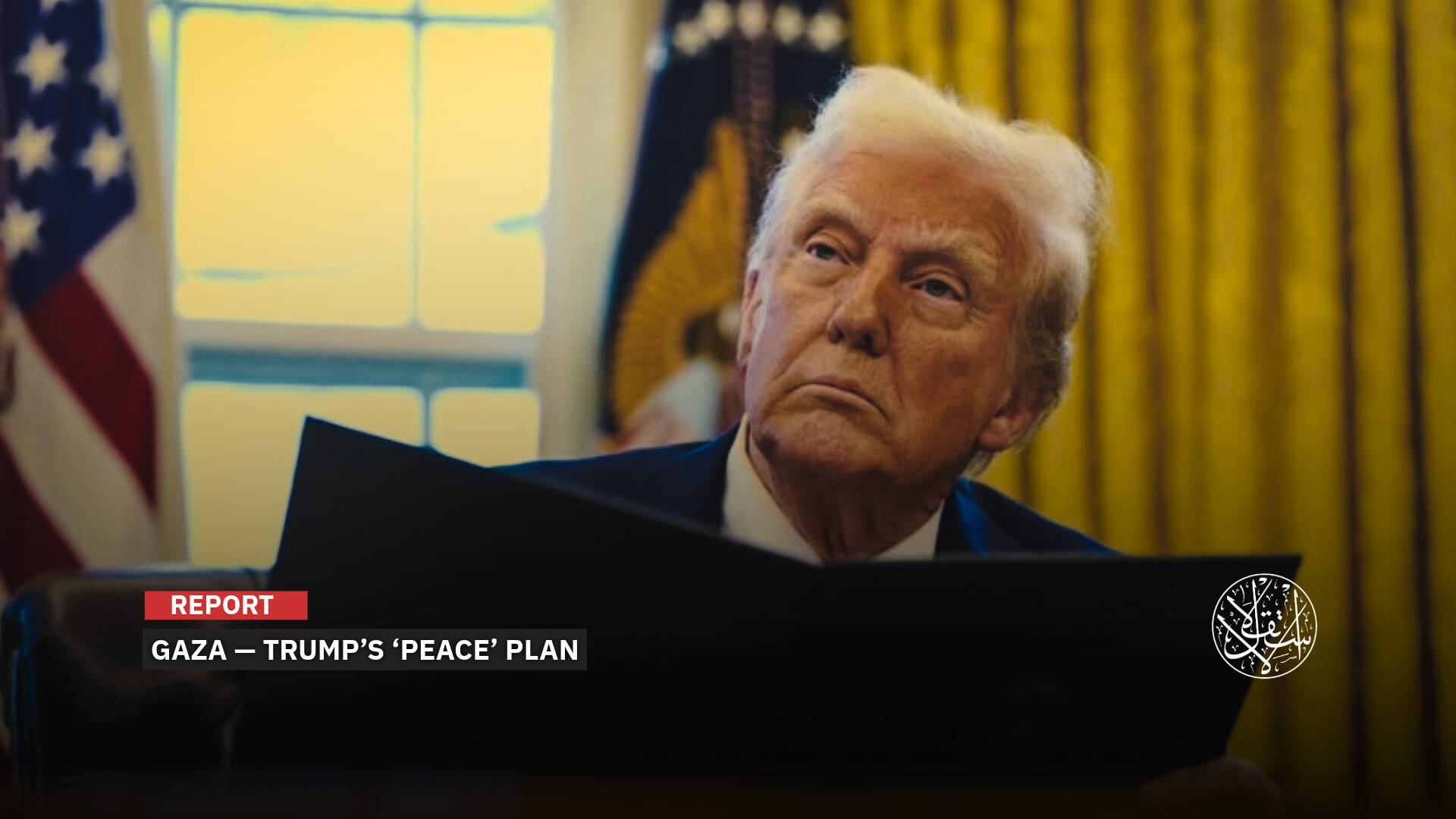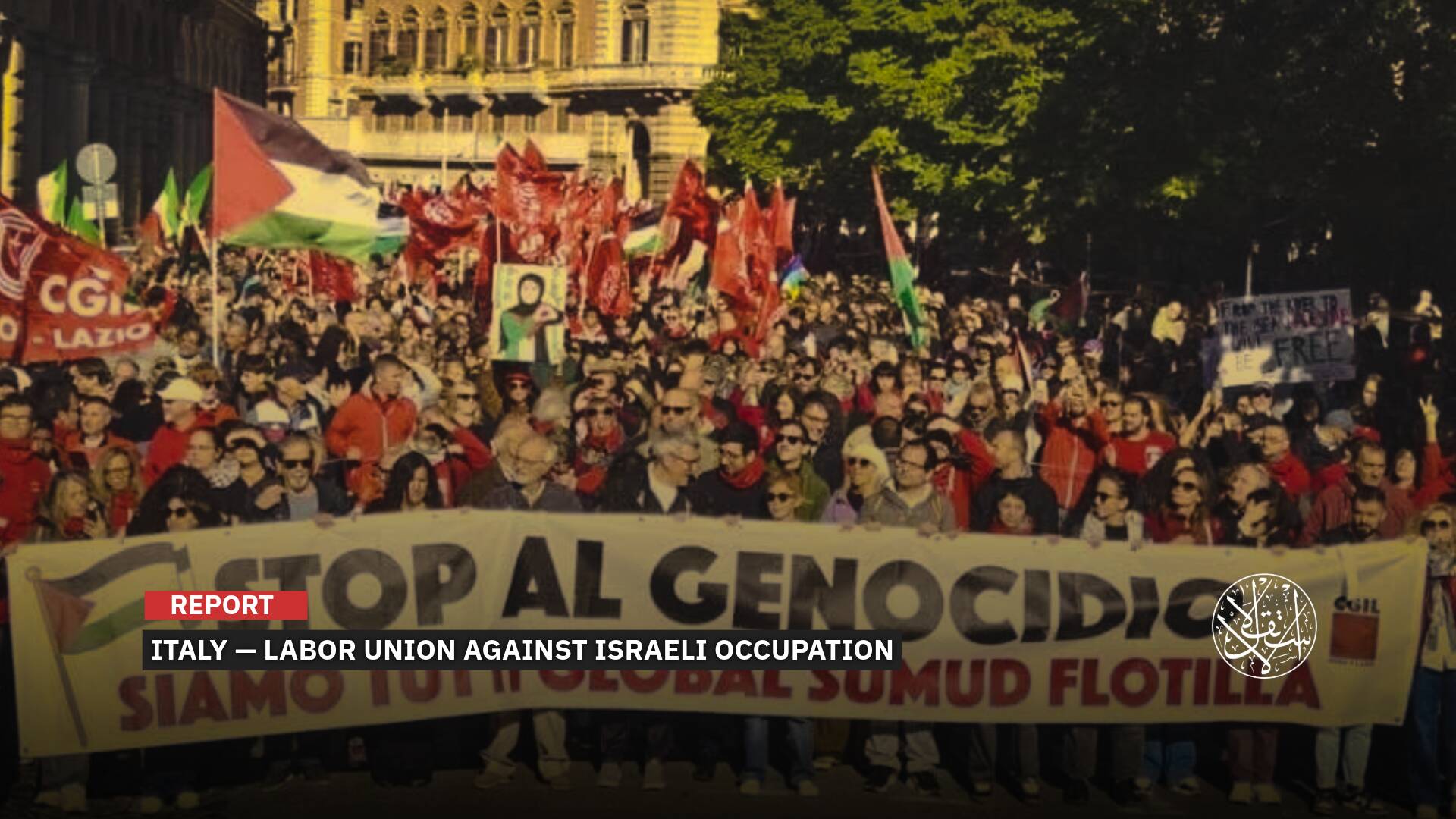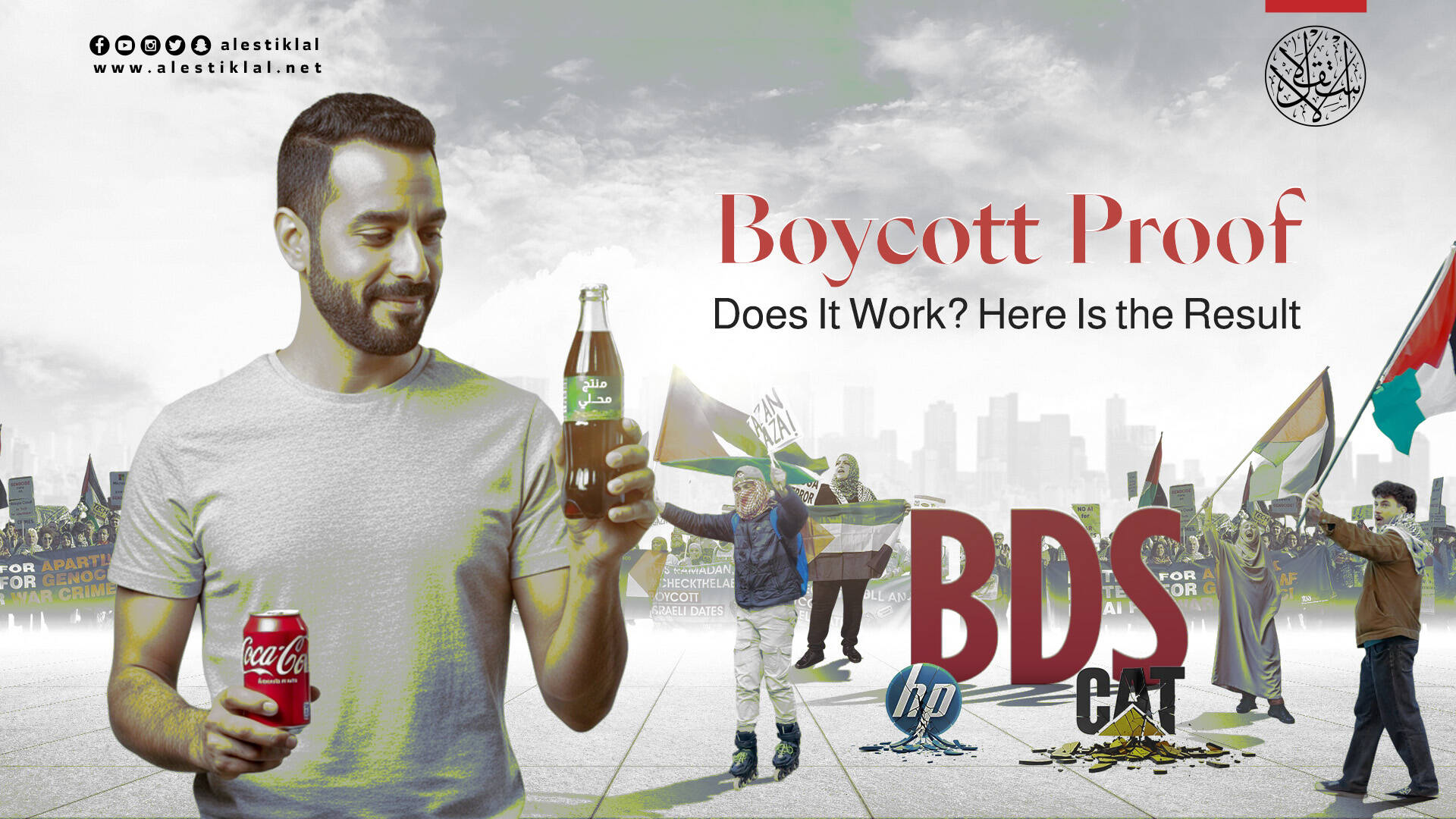Will Putin’s Pulling Back From New START Treaty Be a Prelude to a Nuclear War?

In conjunction with Russian President Vladimir Putin’s declaration that “Moscow faces an existential threat” due to the West’s efforts to eliminate his country “once and for all,” he decided to “suspend” his country’s participation in the Russian–American treaty (New START) on nuclear arms control.
Putin also confirmed, in his annual address to the nation on February 21, 2023, that he was “determined to continue the attack on Ukraine” and accused “Western elites” of intending to “inflict a strategic defeat on Russia.”
The Russian president seemed to be either threatening the West with a nuclear escalation or playing with the last card of power in his hand after being exhausted by the Ukraine war.
He warned that his country is facing an existential threat to confirm that nuclear weapons are its last resort, and he did not forget to threaten that the level of equipment of the Russian nuclear deterrence forces “has reached more than 91 percent,” meaning that it is ready for a nuclear war.
This coincided with leaks in international newspapers of Russian ideas calling for an end to the fighting in Ukraine and for the situation to turn into something similar to the current border between North and South Korea, that is, areas divided between Russia and the West, otherwise a global nuclear war will break out.
New START is the last remaining legacy of the nuclear arms control agreements reached during the Cold War when the United States and the Soviet Union identified specific weapons as a mutual threat.
The treaties helped support an unstable peace that gradually disintegrated, casting doubt on the stability of the global nuclear balance if both suspended their work, which is what is happening today.
According to the Federation of American Scientists, Moscow has a total of 5,977 nuclear warheads, while Washington has 5,428, meaning that together they possess 90% of the world’s nuclear warheads.

‘Suspend’ not ‘Withdraw’
In his speech, Putin was keen to stress that his step meant “not withdrawing from the treaty, but rather suspending Russia’s participation,” to show that this is a “temporary measure” that depends on the West’s cooperation in a peaceful solution to the Ukraine war, which was hinted at by Russia’s foreign ministry after his speech.
Nuclear experts have pointed out that the treaty does not include any provision that requires either side to “suspend” its participation and that Moscow has only one option, which is to “withdraw,” according to Reuters, February 22.
So John Erath, senior policy director at the Center for Arms Control and Non-Proliferation, said in an interview with The Washington Post on February 21 that the Russian move was entirely symbolic.
Putin made this announcement to pressure U.S. President Joe Biden to reach an agreement with Russia on ending the war.
The Atlantic American website confirmed on February 21, 2023, that Putin’s position may have come in response to Biden’s visit to Ukraine, which he described as a strong blow to the Russian leader.
Biden visited Kyiv on February 20 in a highly symbolic move for Ukraine. The website pointed out that the U.S. President destroyed Putin’s last hope with this visit.
The Washington Post, February 20, 2023, said that Biden deliberately visited Ukraine at a very symbolic moment, one day before Putin’s speech on the occasion of the war anniversary, to convey a message from Kyiv that the Russian president’s plans to occupy it “failed.”
Politico magazine said a day earlier that the reason for Biden’s visit to the region is that the West fears that Russia will find a foothold in Ukraine, so it is a visit of military and psychological support to consolidate the Ukrainian gains on the ground.
Because of this, Andrey Baklitskiy, a researcher on weapons of mass destruction and other strategic weapons at the United Nations Institute for Disarmament Research, predicted that Putin’s suspension of the treaty will turn into a complete withdrawal over time.
He told The Guardian on February 22 that in this case, it will be difficult for the United States to verify Russia’s compliance with nuclear arms control, and Washington may, in turn, respond by suspending its obligations to the treaty as well.
In his justification for stopping the nuclear treaty, the Russian president said that the United States and its allies in NATO “want to inflict a strategic defeat on us and claim our nuclear facilities.”
He further revealed that, in February 2023, NATO demanded that Russia provide the opportunity to supervise the Russian nuclear deterrent forces and that they asked in return to supervise them, but their request was ignored.
Russia’s suspension of its participation in the treaty means stopping bilateral contacts, data exchange, and visits to nuclear sites that make both America and Russia monitor the details of the daily operations of each other’s strategic nuclear forces, according to The Time, February 21, 2023.
In this case, the United States can continue to collect information about Russian nuclear weapons through spy satellites and intelligence information, but these measures pale in comparison to the monitoring and verification system of New START.
Therefore, NATO Secretary General Jens Stoltenberg criticized the Russian decision and saw it as marking the end of the arms control mechanism in the post-Cold War period in Europe and the complete dismantling of the arms control structure.
President Biden acknowledged the seriousness of the Russian escalation and warned during his visit to Poland on February 21, 2023, of bitter and difficult days ahead.
He described the American commitment to NATO and Ukraine as a “struggle of freedom against tyranny,” according to The New York Times, February 21, 2023.
U.S. military officials said that what Putin announced was a strategic catastrophe.
Repercussions of the Move
Rising Nuclear Risks is a summary of an analysis found by Reuters on February 22, 2023, when monitoring the implications of Putin’s announcement to “suspend” the recent nuclear treaty with the United States.
It quoted analysts as saying that the death of New START could lead to an unpredictable arms race and nuclear testing expansion, which could prompt China and others to expand their arsenals.
It made it clear that the last remaining Russian and American nuclear arms control treaty was already in serious danger before Putin announced Moscow’s suspension of his country’s participation, but now it may be too late to fix the matter, and the risk of a new arms race will increase.
Security analysts said that the Russian position might greatly complicate the accurate calculations that support mutual deterrence between the two countries and will also stimulate other nuclear powers, such as China, India, and Pakistan, to expand their nuclear arsenals, according to Reuters.
William Alberque, director of strategy, technology and arms control at the International Institute for Strategic Studies, says the START treaty effectively limits the number of warheads per missile that either side can deploy. So its demise could instantly multiply the number of warheads many times over.
He said that if the treaty collapses, the two sides could deploy, overnight, 4,000 strategic warheads instead of the 1,550 currently deployed, which would destabilize the situation.
He warned that if the New START treaty collapses, or the two sides fail to renew it before it expires in February 2026, it will mean the end of more than half a century of arms control treaties and a signal to other potential nuclear powers to do what they want.
James Cameron, a researcher on the Oslo nuclear project, said that if New START is abandoned, it would be a return to Cold War-style guesswork about an adversary’s capabilities and intentions.
Both sides will act according to the worst-case scenario, and this ultimately leads to a much more unstable situation between the two sides, according to him.
Cameron pointed out that Putin has repeatedly reminded the West that Russia possesses weapons of mass destruction, and his country has expanded its nuclear umbrella to include areas in Ukraine seized by Moscow, which means the risk of a nuclear conflict if the agreement collapses.
Putin is trying to force the United States to choose between supporting Ukraine and maintaining a major nuclear weapons agreement, according to Olga Oliker, director of the International Crisis Group for Europe and Central Asia.
She explained to The Time, February 21, 2023, that Putin’s choice to “suspend” the treaty, rather than withdrawing, may indicate that he plans to keep the Russian arsenal under the restrictions of the agreement.
Rose Gottemoeller, a retired U.S. diplomat who served as New START’s chief negotiator, described Putin’s threats as a blow to the stability of global security, and if all constraints are gone, the world will be on the cusp of a nuclear arms race.
Hans Kristensen, director of the Nuclear Information Project at the Federation of American Scientists, wrote on Twitter: “Putin’s announcement Russia will suspend participation in New START puts treaty on life support. He has already blocked inspections/BCC meeting. Does it mean stopping exchanging data: force levels and notifications? Test in a week with aggregate data exchange.”
Putin’s announcement Russia will suspend participation in New START puts treaty on life support. He has already blocked inspections/BCC meeting. Does it mean stopping exchanging data: force levels and notifications? Test in a week with aggregate data exchange. https://t.co/UeoX9slS3j
— Hans Kristensen (@nukestrat) February 21, 2023
Is Putin in Trouble?
Before Biden’s visit to Ukraine, the U.S. media deliberately described the Russian president as weak and that he had become a “czar with no empire”—looking for a “military victory” in Ukraine “for his own survival”—to later justify his nuclear threats.
The Washington Post reported on February 19, 2023, that Putin is portraying himself as a “new czar” like Peter the Great or Ivan III, the 15th-century prince known as the “unifier of the Russian lands.”
But a year after the war in Ukraine, the Kremlin leader has not succeeded in putting that image, according to the newspaper report.
After a year of war in Ukraine, Russia has so far failed to secure the territories Putin wanted to seize.
There was also fear within Russia that he would turn into a dictator and lead his nation into a dark period of conflict and stagnation or something worse.
The American newspaper confirmed that Putin launched the all-out invasion of Ukraine with arrogance and enthusiasm to reshape the world order.

However, his forces were subjected to successive military defeats that reduced his prestige on the global level, and his reputation was tarnished after the atrocities committed by his forces at home and abroad.
Therefore, some Russian elites believe that the Kremlin leader now desperately needs a military victory to ensure his survival in power, according to the Washington Post.
However, many oligarchs (influential figures close to the Kremlin) and Russian state officials are confident that the war was a catastrophic mistake and are terrified of the repercussions of the invasion on the Russian interior after Putin failed to achieve “any goals.”
To justify the invasion, Putin creates a society of a militaristic and nationalist character, which feeds on propaganda and is obsessed with an eternal “existential” war against the United States and NATO, according to Reuters, February 19, 2023.
That is why the New York Times, February 19, 2023, said that Putin is trying to compensate for his predicament, weakness, failure, and setbacks on the front by consolidating his dominance at home.
Putin and his apparatus are trying to use propaganda, make internal cultural change, present new laws, and infiltrate his ideas through the educational, cultural, and media sectors.
By doing so, he aims to delude the people that the Russian army seeks to liberate humanity from aggressors seeking world domination, and that is why it invaded Ukraine.
Putin took advantage of the battles to present Russia with the image he wanted to give by leaking his ideas about “conspiracies” being hatched against his country into the depths of Russian life in order to be more dominant than ever.
In a number of his speeches aimed at bolstering domestic support for his war on Ukraine, Putin called the invasion “a near-holy war for Russia’s very identity,” saying it was “fighting to prevent aggressive Western liberal gender norms.”
Sources
- Analysis: Nuclear risk seen rising as Putin unpicks last treaty with U.S.
- Putin Suspended the Last Remaining Nuclear Pact With the U.S. Here's What Happens Now
- Putin, czar with no empire, needs military victory for his own survival
- One Year Into War, Putin Is Crafting the Russia He Craves
- After being suspended by Putin, what is the New START treaty between Russia and America? [Arabic]


